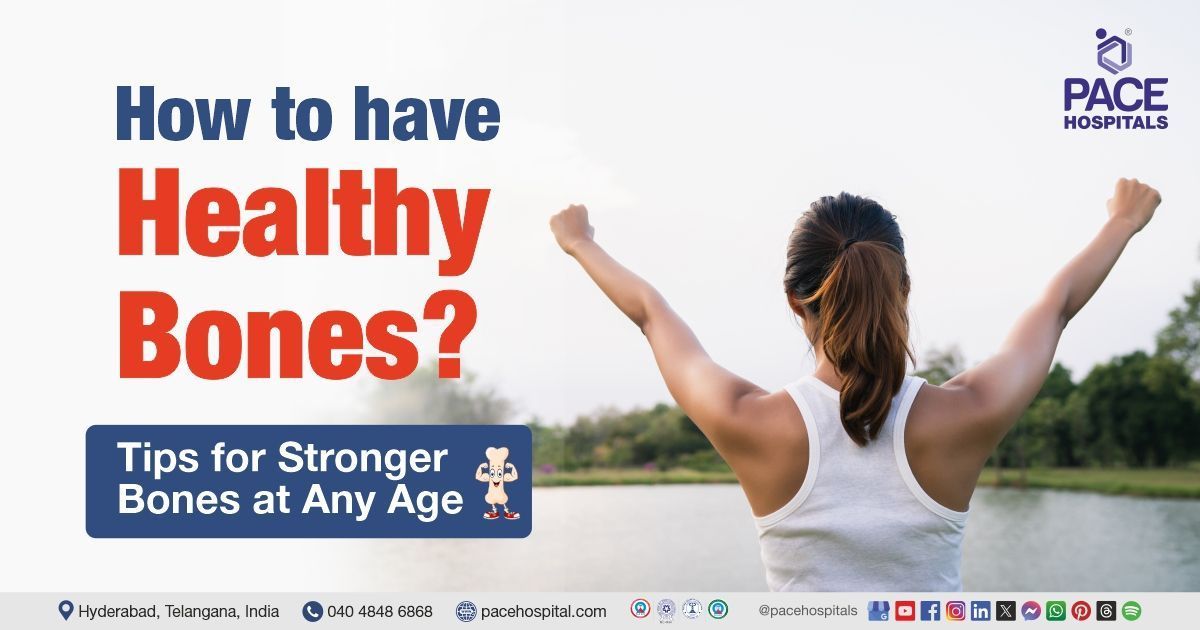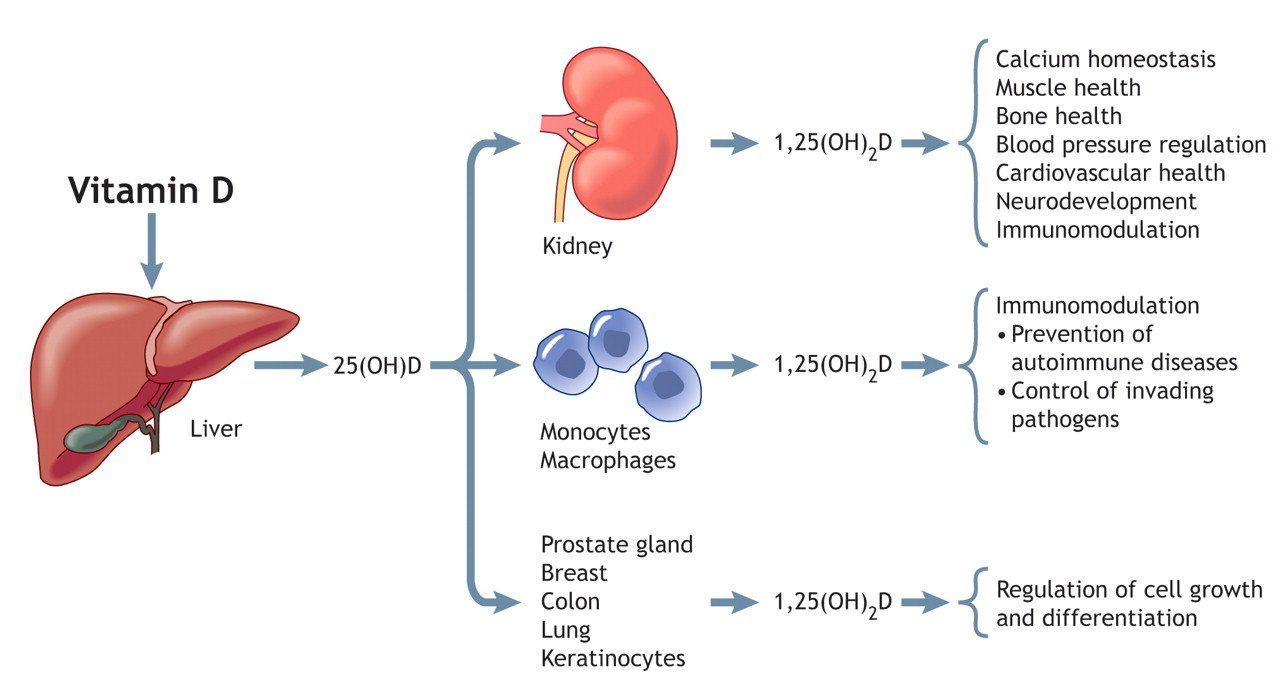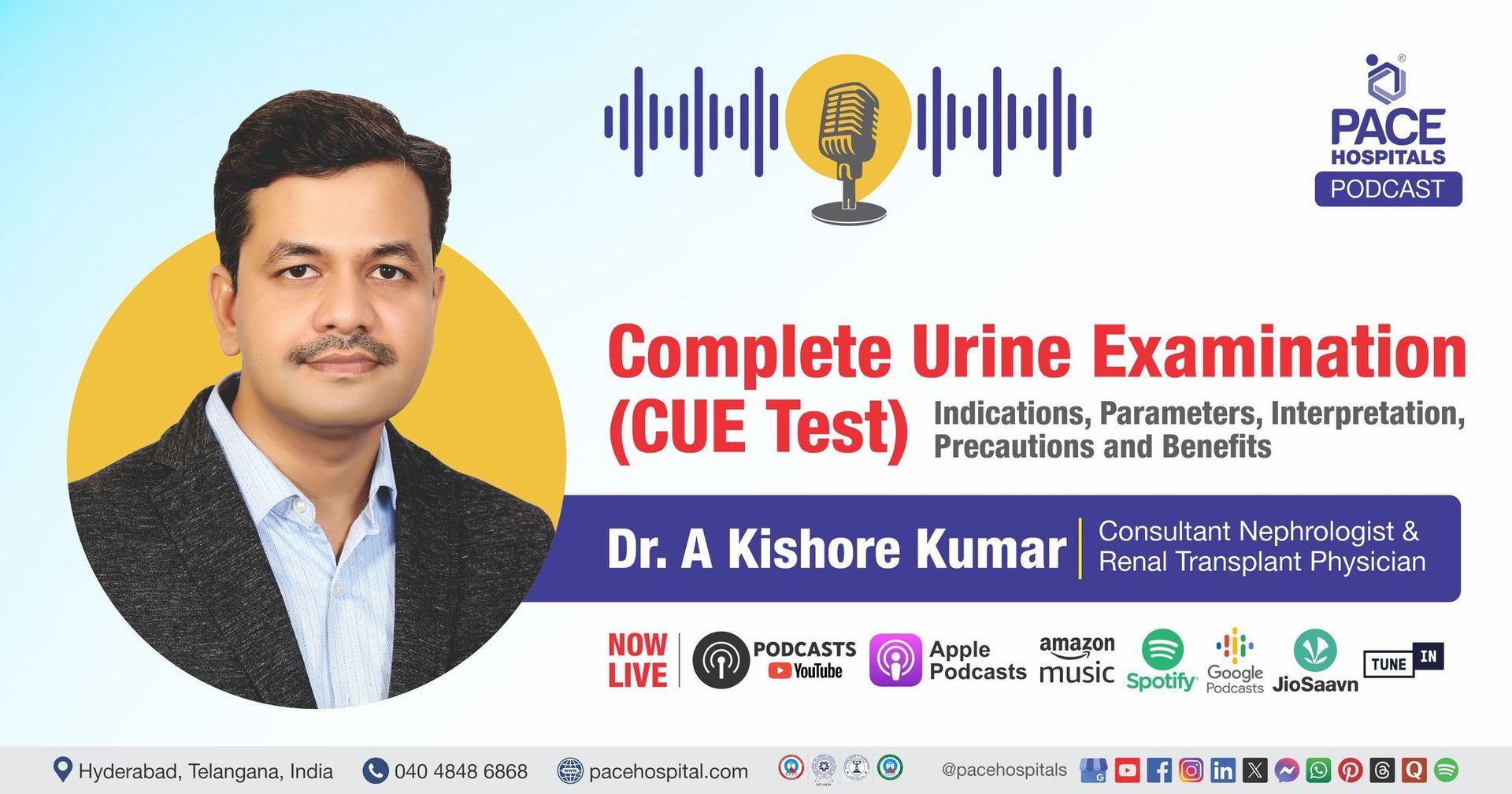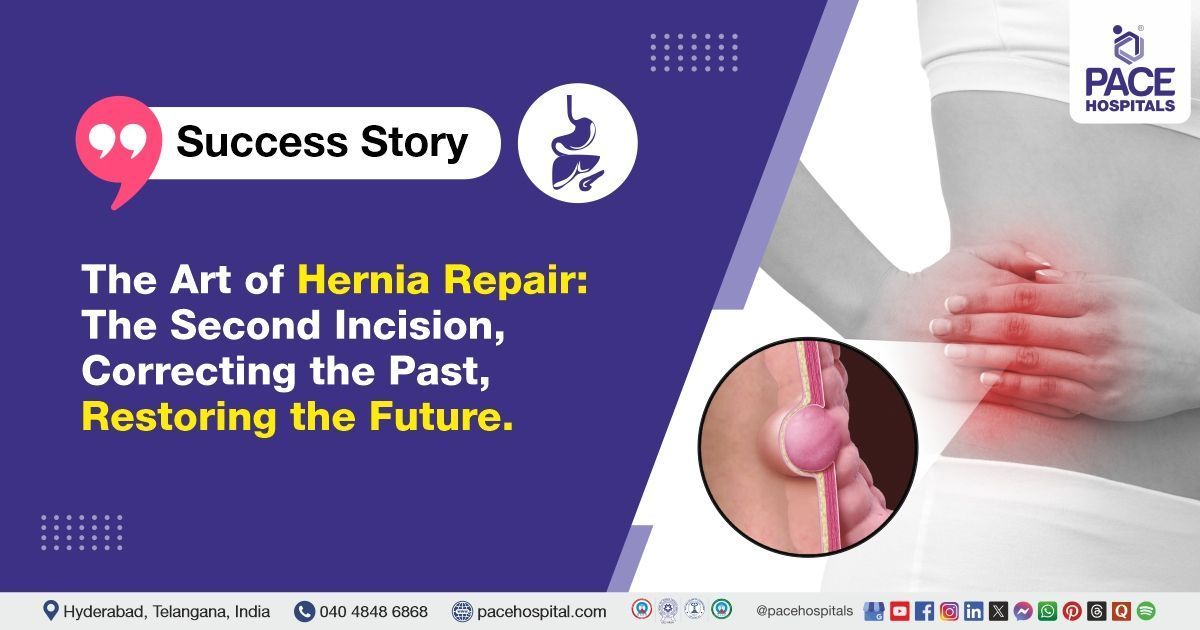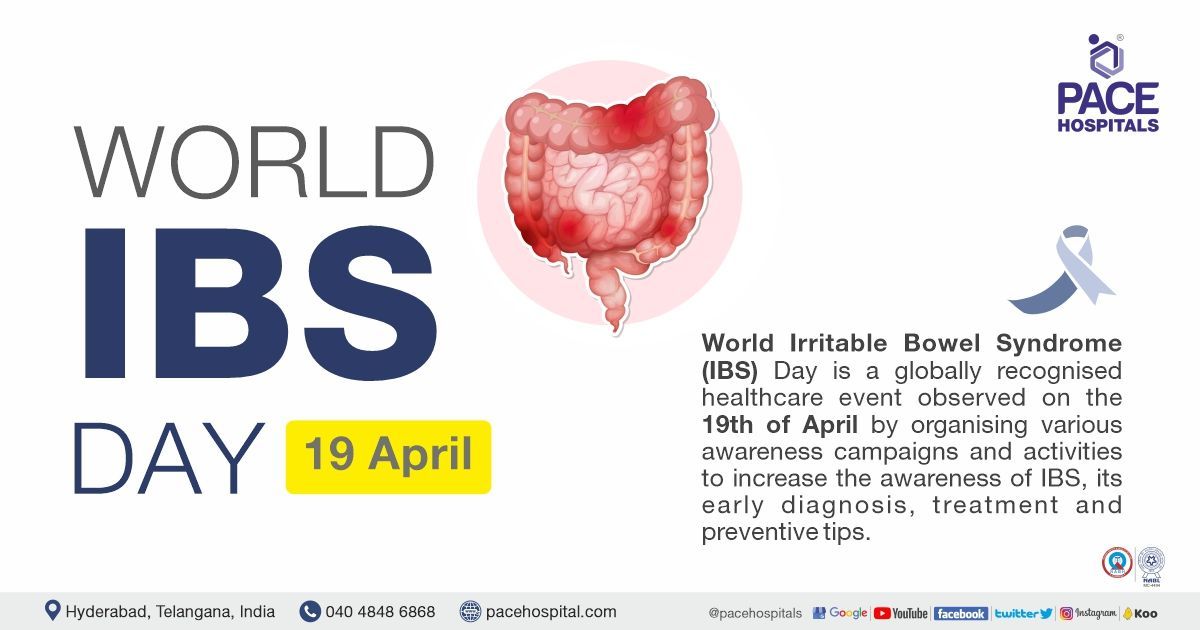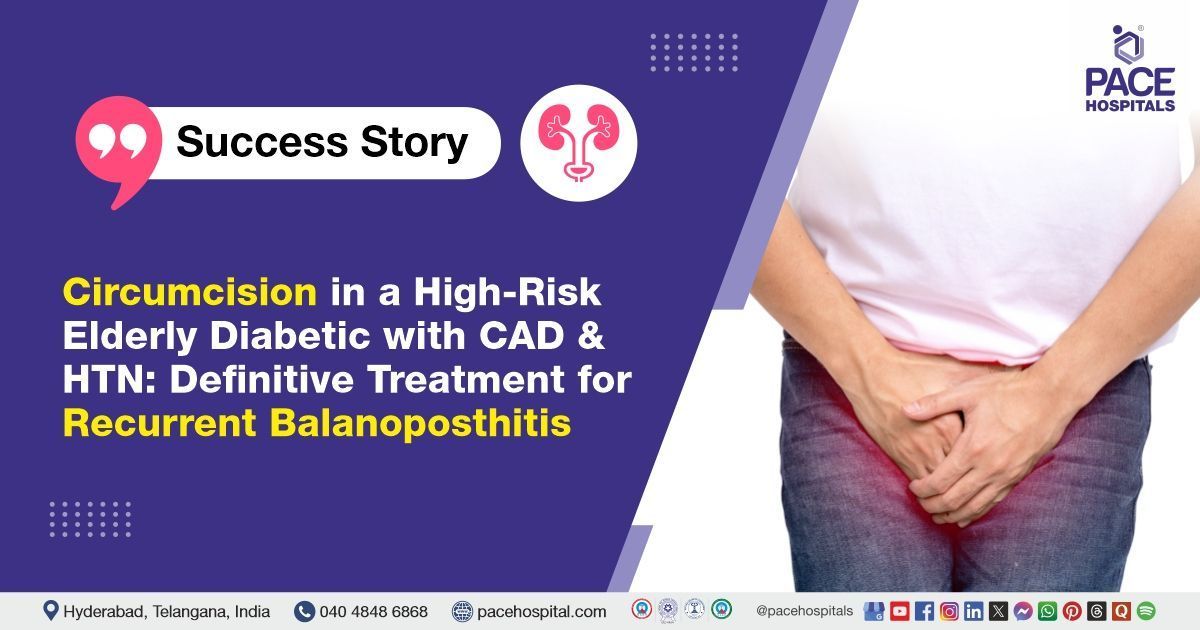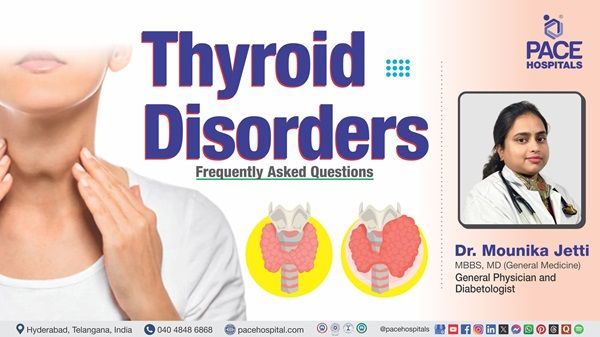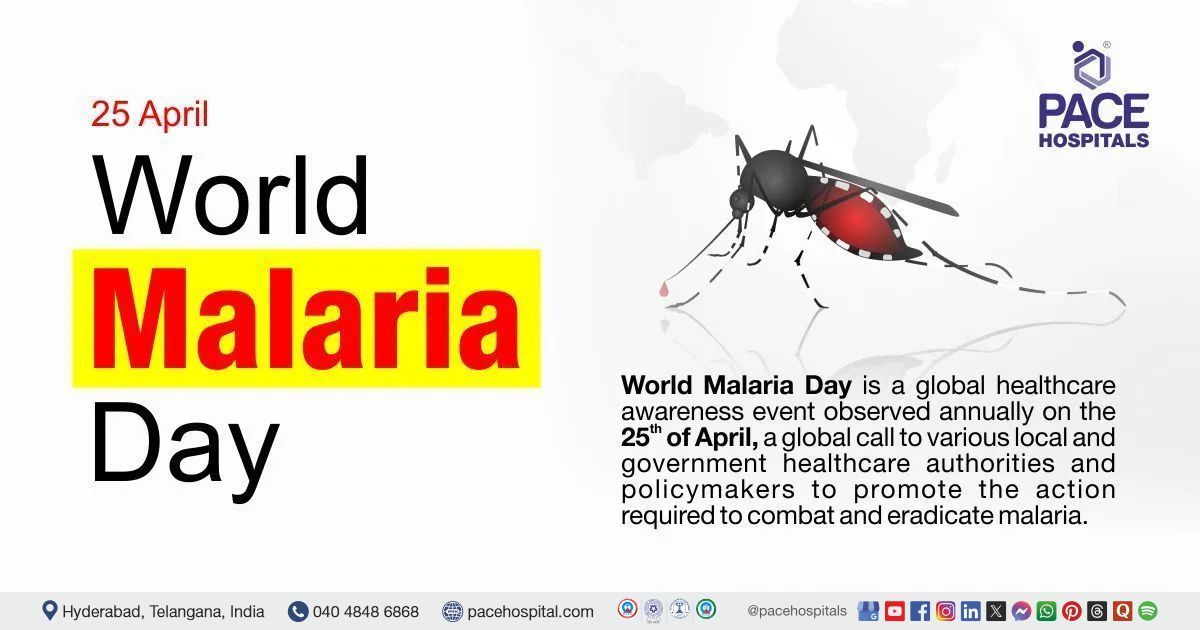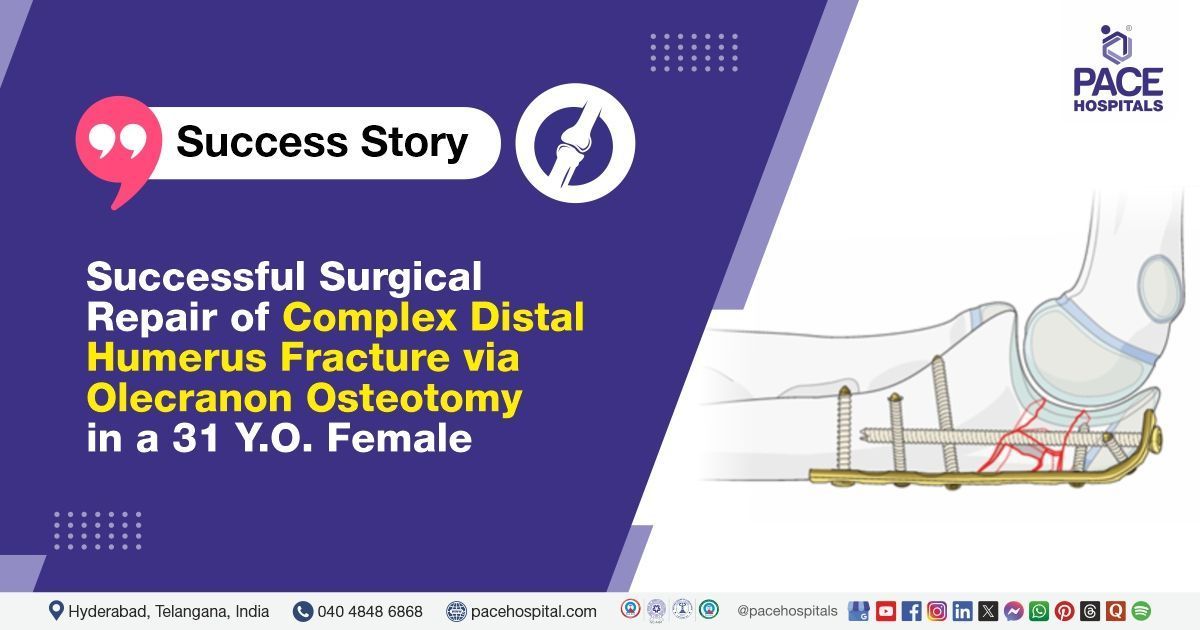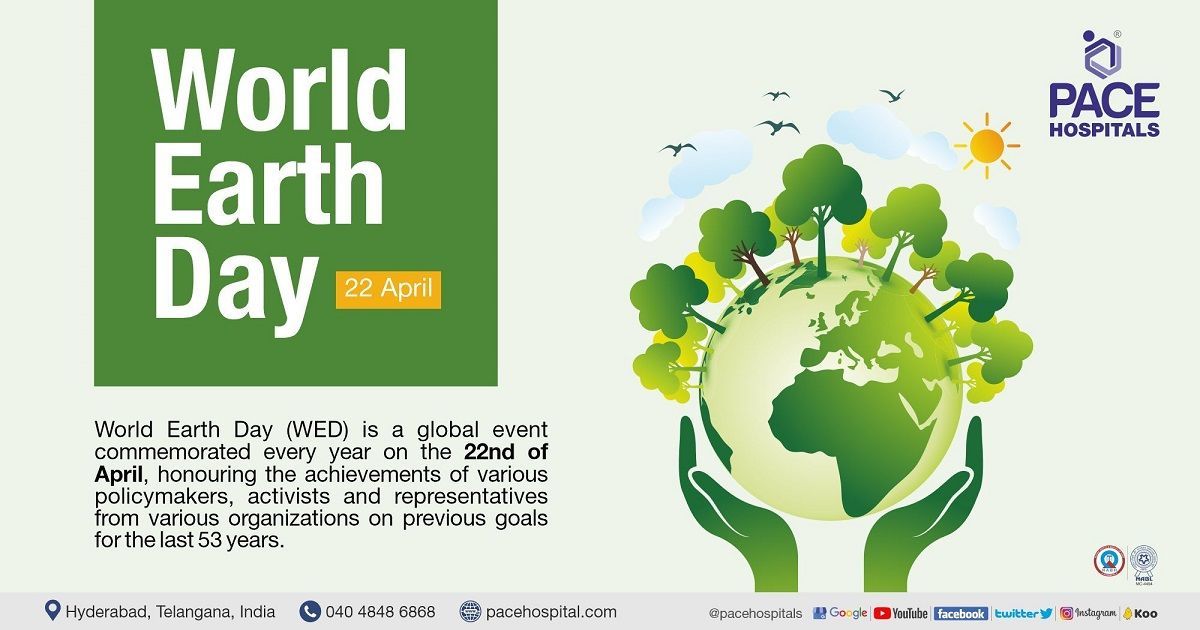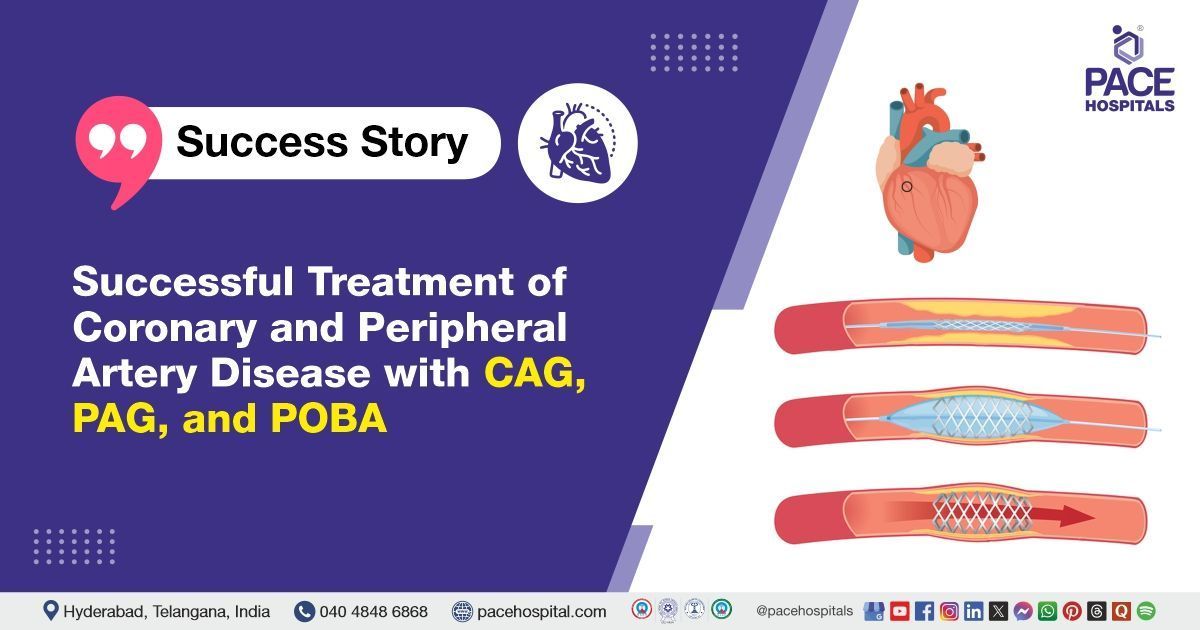How to Keep Your Bones Healthy: Tips for Stronger Bones at Any Age
Bone health is essential for overall well-being, mobility, and quality of life. Strong bones provide structure, protect vital organs, anchor muscles, and store calcium. However, as we age, our bones naturally lose density, making them more prone to fractures and conditions like osteoporosis. Fortunately, with the right care, it's possible to maintain healthy bones throughout life.
In this guide, you'll discover everything you need to know about keeping your bones strong—from childhood through adulthood and into your senior years.
What are bones made of?
Bones are living tissues composed primarily of collagen (a protein) and calcium phosphate (a mineral). This structure makes bones strong yet flexible. Over time, bones constantly undergo remodeling — old bone tissue breaks down, and new bone forms. When this process is disrupted, it can lead to bone diseases.
Why is bone health important?
Maintaining healthy bones is essential for your overall health, mobility, and independence—especially as you age. Here's why bone health should be a top priority at every stage of life:
1. Prevents Fractures and Falls
Strong bones reduce the risk of breaks, particularly in the hips, spine, and wrists—areas most vulnerable to injury in aging adults.
2. Reduces Risk of Osteoporosis
Healthy bone density helps prevent osteoporosis, a condition where bones become porous, brittle, and prone to fractures.
3. Supports Posture and Movement
Your bones form the structural framework of your body, supporting muscles and joints to ensure proper alignment, balance, and flexibility.
4. Improves Quality of Life and Independence
Maintaining bone strength reduces the chances of disability, allowing you to stay active, mobile, and self-reliant longer.
5. Enhances Athletic Performance and Recovery
For athletes and fitness enthusiasts, strong bones contribute to better endurance, quicker recovery from injuries, and improved muscle function.
Factors That Affect Bone Health
Several internal and external factors influence your bone strength over time. Understanding these can help you take preventive steps to maintain optimal bone health.
1. Age
As you grow older, bone remodeling slows down. After age 30, bone density naturally declines, increasing the risk of fractures and osteoporosis.
2. Gender
Women are more susceptible to bone loss, especially after menopause, due to a drop in estrogen—a hormone that helps maintain bone mass.
3. Genetics
Your family history plays a major role. If your parents or siblings have osteoporosis or frequent fractures, you may be genetically predisposed to lower bone density.
4. Lifestyle Habits
Smoking, excessive alcohol consumption, sedentary behavior, and a diet lacking in essential nutrients (like calcium and vitamin D) can weaken your bones over time.
5. Underlying Medical Conditions
Chronic illnesses such as chronic kidney disease (CKD), rheumatoid arthritis, diabetes, thyroid disorders, and certain gastrointestinal conditions can impair bone health and calcium absorption.
How to Keep Your Bones Healthy: Key Tips
1. Eat a Bone-Friendly Diet
Nutrients That Matter:
- Calcium: Essential for bone formation.
Sources: Milk, cheese, yogurt, leafy greens, almonds, tofu, and fortified foods. - Vitamin D: Helps absorb calcium.
Sources: Sunlight, egg yolks, fatty fish, mushrooms, and supplements. - Magnesium and Zinc: Help maintain bone structure.
Sources: Nuts, seeds, whole grains, legumes. - Vitamin K: Supports bone metabolism.
Sources: Broccoli, spinach, kale, Brussels sprouts.
Diet Tips:
- Avoid excessive salt and soda—they increase calcium loss.
- Limit caffeine and alcohol intake.
- Opt for a balanced plate with protein, fruits, vegetables, and whole grains.
2. Stay Physically Active
Weight-bearing and resistance exercises help build and maintain bone density. Aim for:
- Weight-bearing activities: Brisk walking, jogging, stair climbing, dancing.
- Strength training: Lifting weights, resistance bands, body-weight exercises.
- Balance and flexibility exercises: Yoga and tai chi help prevent falls.
Tip: Even 30 minutes a day can make a big difference.
3. Maintain a Healthy Body Weight
Being underweight increases the risk of bone loss and fractures. Conversely, being overweight puts extra stress on bones and joints. Maintain a BMI in the healthy range for optimal bone health.
4. Avoid Smoking and Excessive Alcohol
- Smoking interferes with calcium absorption and bone formation.
- Excessive alcohol reduces bone density and increases the risk of falls.
5. Get Regular Checkups and Screenings
After the age of 50, consider:
- Bone mineral density (BMD) test to assess bone strength
- vitamin D and calcium level check-ups
- Screening for osteoporosis, especially in postmenopausal women or people with a history of fractures
6. Consider Supplements (If Needed)
If you’re not getting enough calcium or vitamin D from your diet or sun exposure, your doctor may recommend supplements.
- Calcium: Most adults need 1000–1200 mg/day.
- Vitamin D: 600–800 IU/day; sometimes higher in seniors or people with deficiency.
- Always consult a doctor before starting supplements.
7. Bone Health During Different Life Stages
Children and Teens:
- Build peak bone mass during growth years.
- Ensure adequate calcium, vitamin D, and physical activity.
Adults (30–50 years):
- Maintain bone mass through diet and exercise.
- Avoid smoking and heavy drinking.
Seniors (50+ years):
- Watch out for bone loss.
- Consider screenings for osteoporosis.
- Focus on fall prevention.
8. Bone-Friendly Lifestyle Tips
- Use rugs or grips at home to avoid falls.
- Stay hydrated to avoid muscle cramps and spasms that can lead to injury.
- Get sunlight daily (10–15 mins) to naturally boost vitamin D levels.
- Manage stress – chronic stress affects hormone levels and bone remodeling.
Common Bone Disorders
Several conditions can affect bone strength and integrity. Early diagnosis and proper management are crucial to prevent long-term complications.
- Osteoporosis: A silent disease characterized by reduced bone density and increased fracture risk, especially in the spine, hip, and wrist.
- Osteopenia: A precursor to osteoporosis, where bone mineral density is lower than normal but not low enough to be classified as osteoporosis.
- Paget’s Disease of Bone: A chronic disorder that causes bones to become enlarged and misshapen due to abnormal bone remodeling.
- Rickets (in children): Caused by a deficiency of vitamin D, calcium, or phosphate, leading to soft and weak bones in children.
- Bone Infections (Osteomyelitis): A serious infection that can affect the bone and bone marrow, usually caused by bacteria or fungi.
- Fractures: Breaks or cracks in the bone, often caused by falls, accidents, or weakened bones due to underlying conditions.
When to see a bone specialist?
Consult an orthopedic doctor, endocrinologist, or bone health specialist if you experience any of the following:
- Frequent fractures or unexplained bone pain
- Noticeable loss of height or stooped posture
- Menopause-related concerns about bone density
- Family history of osteoporosis or hip fractures
- Long-term use of corticosteroids or other medications affecting bones
- Chronic conditions like thyroid disorders, CKD, or autoimmune diseases
Early evaluation can help diagnose conditions like osteoporosis and initiate timely treatment to prevent further damage.
Frequently asked questions (FAQs)
What are the best foods for strong bones?
Foods rich in calcium, vitamin D, magnesium, and vitamin K are essential for bone health. Include dairy products, leafy greens, almonds, fatty fish, eggs, and fortified cereals in your diet for optimal bone strength.
How much calcium do I need daily for healthy bones?
Adults typically need 1000–1200 mg of calcium per day. This can be obtained through dietary sources or supplements if needed. Postmenopausal women and elderly adults may require higher intake.
Can exercise help improve bone health?
Yes. Weight-bearing exercises like walking, jogging, dancing, and resistance training stimulate bone formation and help maintain bone density, reducing the risk of osteoporosis and fractures.
What vitamins are important for bone health besides calcium?
Along with calcium, vitamin D, magnesium, vitamin K, and zinc are critical. Vitamin D helps with calcium absorption, while magnesium and vitamin K support bone structure and metabolism.
What are the early signs of weak bones or osteoporosis?
Early signs may include:
- Frequent fractures or broken bones
- Back pain or loss of height
- Poor posture
- Bone pain or tenderness
Often, osteoporosis is silent until a fracture occurs, which is why screening is important.
Can children and teens improve their future bone health?
Absolutely. Peak bone mass is built during childhood and teenage years, so a diet rich in calcium and vitamin D, along with regular physical activity, helps lay the foundation for stronger bones in adulthood.
Is bone loss a normal part of aging?
Some bone loss is natural with age, especially after 30, but excessive bone loss is not normal. With preventive measures like diet, exercise, and screening, you can minimize age-related bone density loss.
What is a bone density test and who should get it?
A bone density test (DEXA scan) measures the strength and thickness of your bones. It is recommended for:
- Women above 50
- Men above 65
- Anyone with risk factors for osteoporosis or history of fractures
Can bone health be affected by medications?
Yes. Long-term use of corticosteroids, anticonvulsants, and certain cancer treatments can lead to bone thinning. Always consult your doctor about the side effects of long-term medications.
How can I prevent fractures if I have weak bones?
Prevent falls by:
- Using handrails and anti-slip mats
- Keeping rooms well-lit
- Doing balance exercises (like yoga or tai chi)
- Taking prescribed medications and supplements
- Scheduling regular follow-ups with your bone specialist
Healthy bones are the foundation of a strong, active, and independent life. Whether you're a teenager building peak bone mass or a senior working to prevent fractures, it’s never too early—or too late—to prioritize bone health.
By adopting a well-rounded approach that includes balanced nutrition, regular physical activity, lifestyle changes, and periodic screenings, you can maintain optimal bone strength and prevent common bone-related disorders.
Share on
Request an appointment
Fill in the appointment form or call us instantly to book a confirmed appointment with our super specialist at 04048486868

